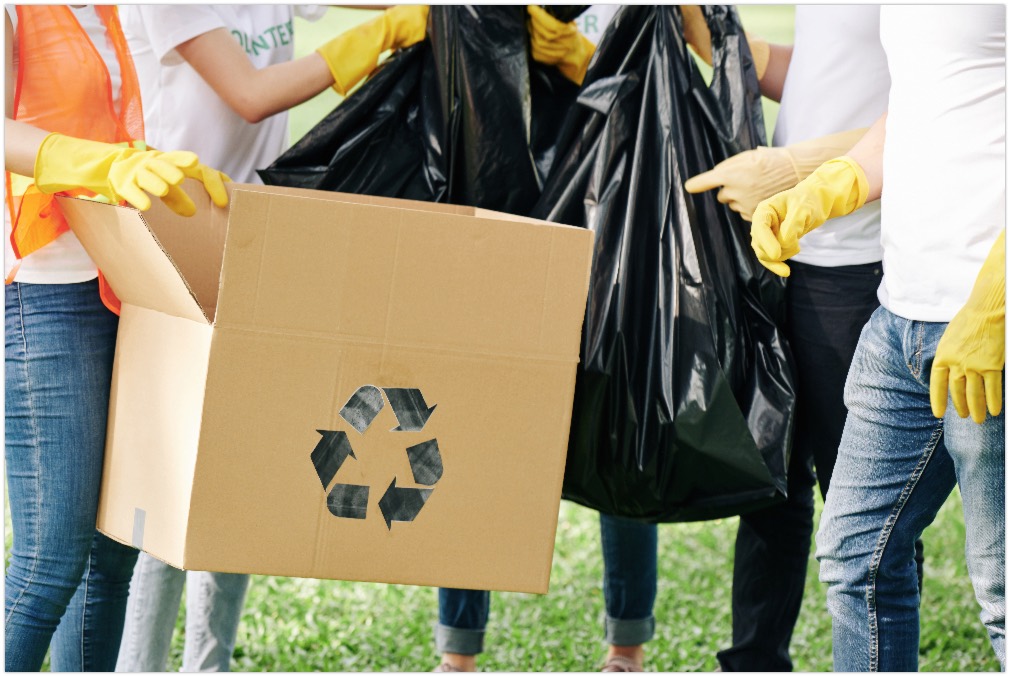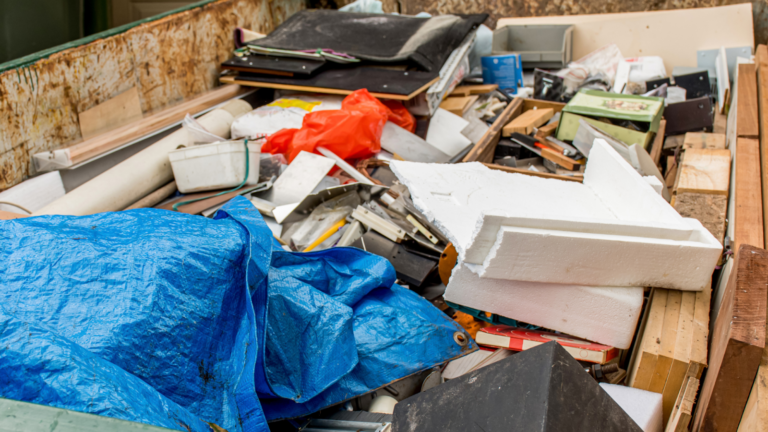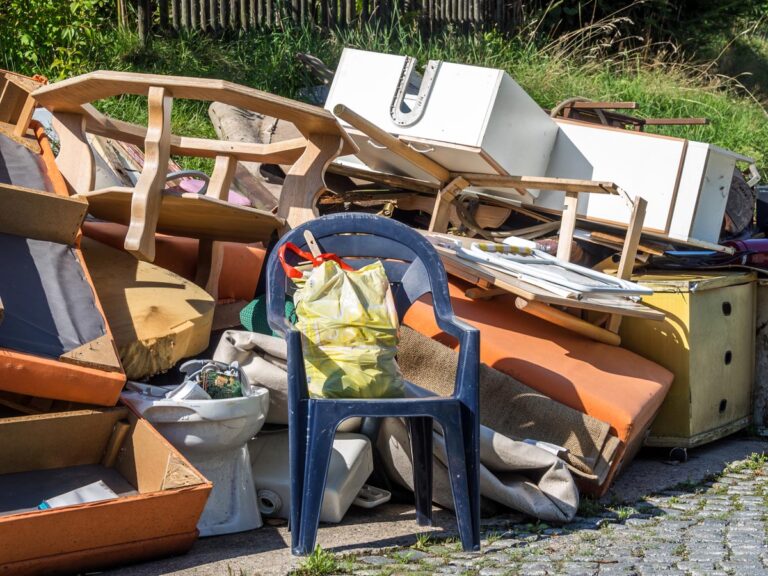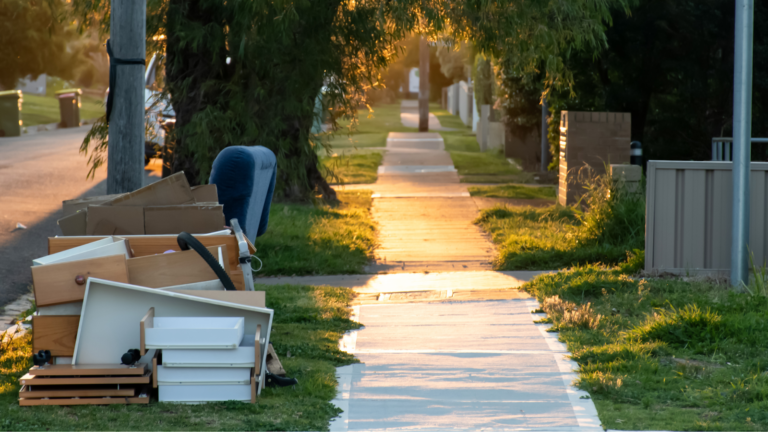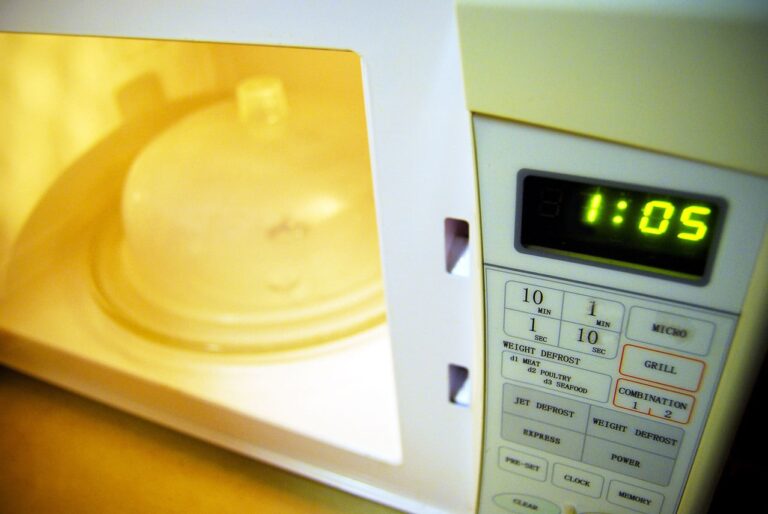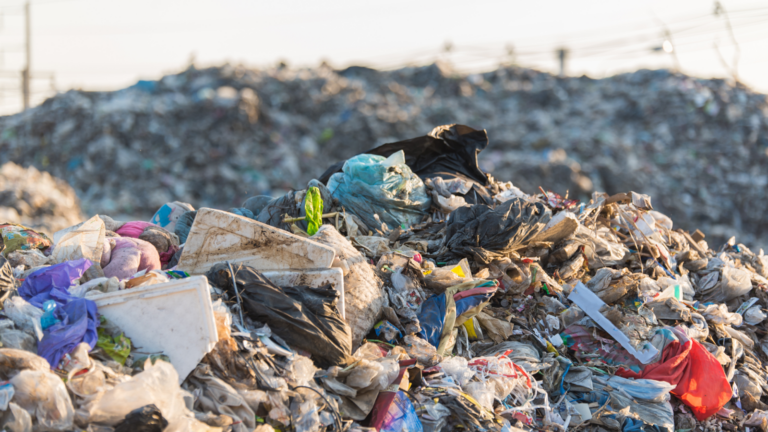With the threat of the coronavirus pandemic, rubbish accumulation continues to increase. This is because collection services are reduced because of social distancing, staff absences and concerns on worker’s safety and health. As of now, households produce 10 per cent more rubbish during the COVID-19 lockdown.
We are entirely familiar with waste-related problems. It is a problem that’s shared among every country worldwide. But for some countries, it is excessive enough to handle. Moreover, it does not just affect the economy, but the environment in the long term.
In Australia, the country generates roughly 50 million tonnes of waste a year. In 2016-2017, Australians produced 67 million tonnes of waste and only 37% of this was recycled. Also, an estimate of 130,000 tonnes of plastic wastes ends up in waterways and oceans each year.
But there are many ways you can do to solve the rubbish problems during the lockdown.
Establish 4R’s
Reduce
Limit your use of single-use and disposable products and find alternatives such as reusable items. Also, opt for products with less packaging.
When building or renovating your house, build what you only need and carefully plan what designs you want. Repairing your furniture and appliances reduce rubbish than replacing it. Repairing than replacing things can help you financially as well.
Reuse
Using something again that you would typically throw surely reduces rubbish. Reusing the plastic bags when buying things can lessen plastic wastes.
Determining other functions for your recyclables is essential in reusing things. Reusing your jars can help you organize your pantry for your chutney and jams. If ever you have too many jars, op shops accept clean jars with lids.
Recycle
When reusing and recycling are not possible, products go through a mechanical process to change its form. Or recycling can happen when you use unwanted plastic bags or soft plastics, including shopping bags, net bags and bubble wrap from different supermarkets.
Local councils tend to recycle some rubbish; however, too many junks is getting more expensive to recycle. To close the loop of the cycling process, you can buy products made from recycled materials. On a lighter note, you are not recycling unless you’re buying recycled.
Recover
After attempting to reduce, reuse and recycle, recover occurs to convert waste into resources. Composting in your garden is an excellent example of recovering rubbish. Food and garden wastes are among the highest household rubbish.
Composting your organic wastes can help to boost carbon levels in your garden. Aside from reducing your rubbish, composting can help you increase foliage just right next to your doorstep. When you don’t have compost pit, you can find alternatives by giving it to your neighbours doing local community garden or ask for assistance.
Donate Items Responsibly
During the lockdown, donating items could be helpful or not. The rubbish piles up outside charity shops, cluttering the streets. You can box up donations when the shops reopen. Donating responsibly can help not just reducing unwanted items, but also help those in need.
When donating, don’t leave your donations outside. Think carefully about what to give, you are genuinely helping the charity shops. The shops are now facing bills for the rubbish dumped outside–and donating responsibly would cut this problem.
Avoid Wish-Cycling
Wish-cycling is the phenomenon of putting non-recyclable items in the recyclable bin with the hope it will be reused. However, this adds problems to the people working with the recyclables.
Wish-cycling becomes rampant as takeaway coffee cups are tossed in household recycling bins. Cafes stop accepting reusable cups during the pandemic due to contagion fear. To solve rubbish problems, reduce wish-cycling.
Responsible Consumption
As the pandemic seems to affect resources continuously, it is the best time to spend and consume efficiently. Buying what you only need and cooking efficiently is effective in reducing rubbish. Responsible consumption will limit food scraps and wastage.
In addition, planning for weekly meals reduces food waste and household output. This is the best time to implement your plans toward responsible consumption and lesser rubbish.
Surplus Sharing
Some people tend to have more resources during the lockdown. You can share things in surplus with your neighbours in exchange for other items or reduce excess items.
Furthermore, sharing items can solve in reducing the rubbish as some of these surpluses piles on the streets. You’re not just solving problems but also creating stronger relationships with your neighbours and the people around you.
Conclusion
Increasing rubbish is expected during the lockdown. Changing the attitude is the key to solving problems with rubbish. No other solution is better in practising responsible dumping of garbage– for reuse, reduce, recycle and recover are still the best method.
The change starts with simple actions, and when combined from all people, solving rubbish could not be a problem at all. Some ideas might not apply to other houses. Still, for sure, they also have their unique ways of solving rubbish problems during the lockdown.
Encouraging best practices in recycling at all times and appropriate dumping of rubbish, Paul’s Rubbish Removal is here for you. We provide unmatched, friendly, affordable and efficient same-day rubbish removal to all suburbs in Sydney.
Call us now on 0407 125 125 and get a free quote today. We are the perfect solution for all your rubbish problems to make sure your place is spotless.
